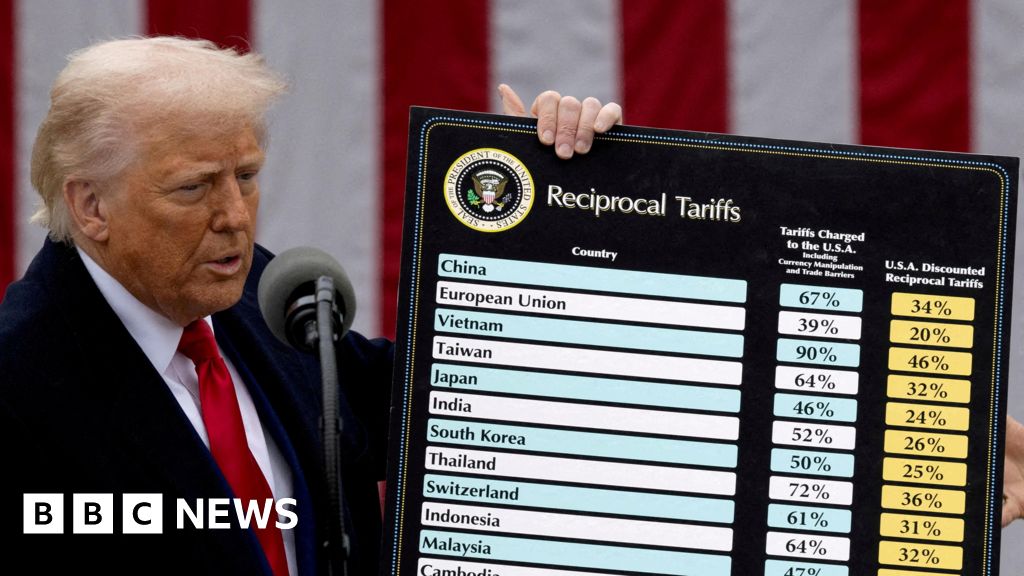Athletes will be eligible to compete in the female category for world-ranking competitions such as the world championships only if they clear a one-time gene test.
The test for the SRY gene, which needs to be taken only once and helps in determining biological sex, can be conducted via a cheek swab or blood test. World Athletics’ testing protocol will be overseen by member federations and the new regulations come into effect on 1 September, in time for that month’s world championships in Tokyo.
“It is really important in a sport that is permanently trying to attract more women that they enter a sport believing there is no biological glass ceiling,” the World Athletics president, Sebastian Coe, said. “The test to confirm biological sex is a very important step in ensuring this is the case. We are saying, at elite level, for you to compete in the female category, you have to be biologically female.
“It was always very clear to me and the World Athletics Council that gender cannot trump biology. We particularly want to thank our member federations for their support and commitment in the implementation of these new regulations.”
Athletics has spent years debating eligibility criteria to compete in women’s events, amid questions over biological advantages for transgender athletes and those with differences of sex development (DSD). World Athletics currently bans transgender women who have gone through male puberty from competing in women’s events, while it requires female DSD athletes whose bodies produce high testosterone levels to lower them in order to be eligible.
This year, a working group found that those rules were not tight enough, with a pre-clearance test for the SRY gene being one of several recommendations the group made for revised rules. The SRY gene reveals the presence of the Y chromosome, which is an indicator of biological sex. The test was also approved by World Boxing in May when they introduced mandatory sex testing for all boxers.
after newsletter promotion
This month, the European Court upheld a 2023 ruling that double 800m Olympic champion Caster Semenya’s appeal to a Swiss Federal Tribunal against regulations that barred her from competing had not been properly heard. Semenya was appealing against World Athletics regulations that female athletes with DSDs medically reduce their testosterone levels.
Source link

